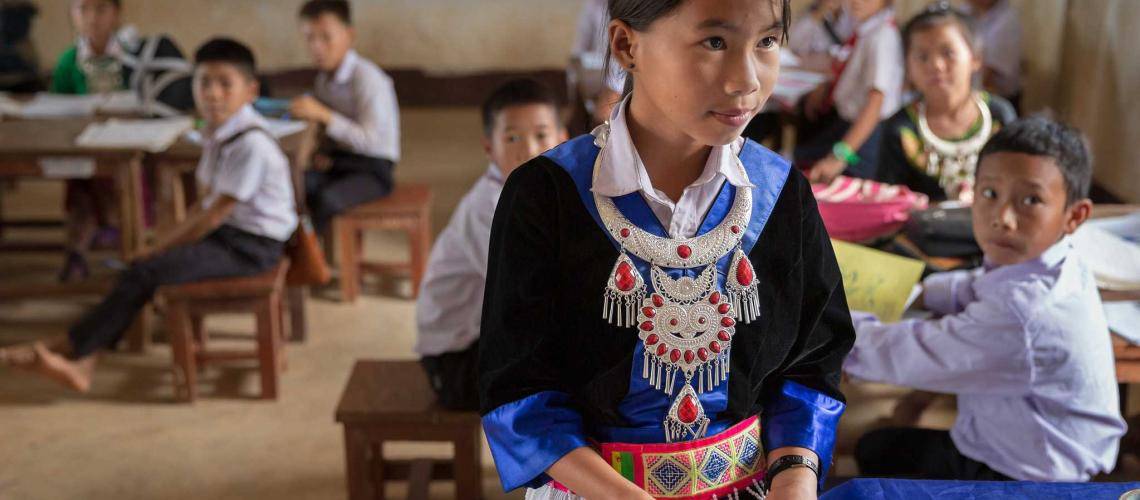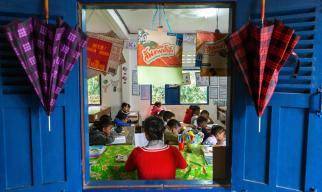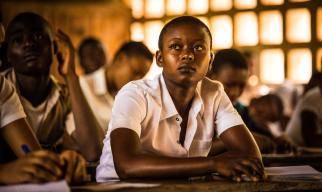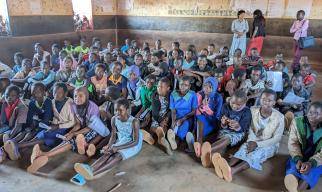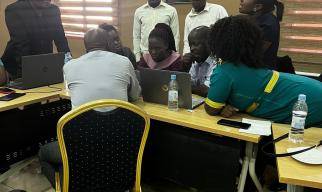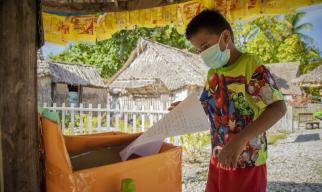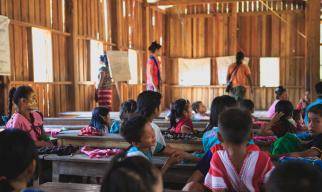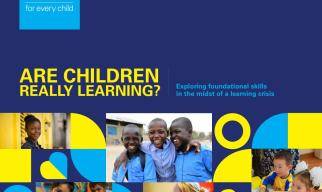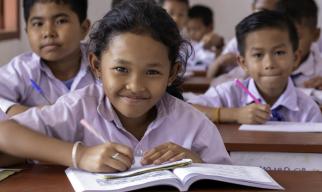This project will enhance the use of data from existing household surveys by government officials to analyze the education sector and encourage policymakers to leverage the resulting knowledge on gender, equity, and inclusion to inform their policy decisions. It responds to a lack of data analysis in the education sector and technical capacity within ministries of education to use data.
The project will build on a proven initiative that analyzes educational information for global learning and equity that was piloted in Laos, Sierra Leone, and Suriname in 2018. The objective is to determine whether an adapted version of the initiative can improve equity and quality analysis in 30 developing countries, and whether and to what extent the marginalization of specific groups affects their access, learning, and progression through education nationally, regionally, and globally.
The research design will include the adaptation and testing of the initiative that includes the use and analyses of data about groups that are particularly disadvantaged due to gender, language, poverty, disability, and location. It will also scale approaches and delivery mechanisms through fact sheets, reports, workshops, and tools that will be further expanded to include country-specific equity and inclusion issues.
Updates and activities:
1. MICS-EAGLE website (Country level factsheets and reports)
2. MICS-EAGLE report Thematic report on remote learning readiness

